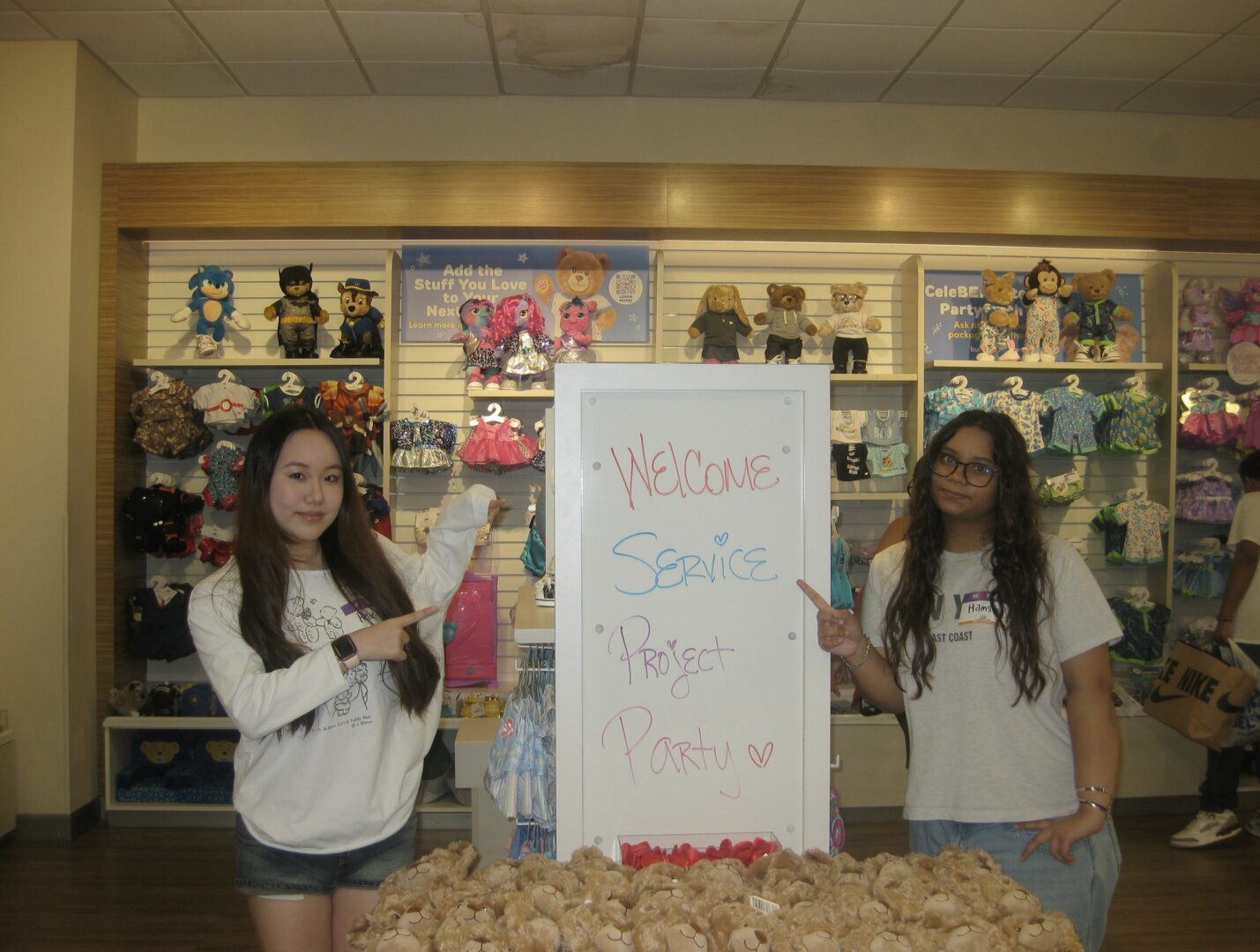Alright – so today we’ve got the honor of introducing you to Alexandra Wright. We think you’ll enjoy our conversation, we’ve shared it below.
Alexandra, first a big thank you for taking the time to share your thoughts and insights with us today. I’m sure many of our readers will benefit from your wisdom, and one of the areas where we think your insight might be most helpful is related to imposter syndrome. Imposter syndrome is holding so many people back from reaching their true and highest potential and so we’d love to hear about your journey and how you overcame imposter syndrome.
Oh goodness, imposter syndrome! I struggle with it all the time. I’m not sure if it’s something you necessarily overcome; I think it’s something you learn to identify when you’re in it’s grasp, and then learn how to move through it in the moment. That for me is always the most helpful–knowing that it’s normal, and that folks experience it during every level of their career.
The second thing I ask myself is this: is there something I could do that could change the way I feel? Most of the time, the thing I can “do” to feel better is something that is IMPOSSIBLE, like: I could read every book ever written on acting ever. Or, my favorite: I could be a different person.
The fact that these things are impossible to change or achieve highlight for me that what I am experiencing is imposter syndrome. If I was able to say something like: taking a comedy class would help me feel more empowered in this moment, then that is me being aware of a knowledge gap and coming up with an actionable plan. But, typically, imposter syndrome responses are actions that I can’t take.
I experience imposter syndrome the most when I’m on set. I find that setting goals beforehand make it helpful to battle that insecurity.
This is the best way I can think of to explain how it feels to be a guest star or co-star on an established TV set.
Imagine that you show up to someone else’s Thanksgiving dinner. You don’t know anyone there. You don’t know who is married to who, who hates who, who has drama with who. You hope to make a friend, but everyone is also incredibly busy and wrapped up in what they are doing, so you can’t really rely on that. And it’s not that anyone is rude! You’re just new. And they’re family.
You have come with a dish. When it is time for everyone to eat your dish, they just get really quiet and stare at you. You pray that everyone likes this dish, this dish from this stranger who has popped into their Thanksgiving dinner. And then you leave.
Now, usually everyone is so lovely and complimentary of your dish, and you have an amazing time, and I’ve been very fortunate to have worked on extreeeemely welcoming sets.
But that doesn’t mean I don’t get imposter syndrome or struggle with feelings of enough-ness.
Mapping out my goals beforehand (whether it’s TV, film, stage, commercials, VO, etc), and giving myself an affirmation and an action step, can help me stay grounded and open, instead of awkward and nervous and feeling like a Thanksgiving dinner stranger.
Appreciate the insights and wisdom. Before we dig deeper and ask you about the skills that matter and more, maybe you can tell our readers about yourself?
I am an actor and a coach. As an actor, I’ve performed in TV, film, and theatre, as well as in commercials and VO. Ive done everything from series regulars, to guest stars, to Shakespeare, to leads in film.
As a coach, I run an online community for actors called the Delta Acting Community: Daily Steps Towards Mastery. We focus on technique, the business, and mindset. I’m a professor in the acting department at UCLA, so I really appreciate training and staying sharp. As a coach with my private clients, I help them with their career, their creative blocks, and their auditions.
I feel like what we get to do as actors and as coaches is very similar in that they are both based in empathy and curiosity. The fact that I spend my day connecting with others (whether that’s a client, a character, or a fellow creative), is so rare. I can’t imagine doing anything else.
There is so much advice out there about all the different skills and qualities folks need to develop in order to succeed in today’s highly competitive environment and often it can feel overwhelming. So, if we had to break it down to just the three that matter most, which three skills or qualities would you focus on?
The three areas I would encourage any actor or creative to focus on: their technique and training, their business, and their mindset. Find a class that you love with fellow creatives who inspire you. Learn about all the different acting techniques and theories that are available to you, and then be brave enough to shape and find your own. Know that your technique will grow and change with each part and project, and it will also grow and change as you grow and change as a person. Our identities aren’t static, and neither is your technique. Do a consult with a career coach so that you have a strategy for your business. Are you marketing yourself in a way that highlights who you are as an artist? Or are you leaning into trends and fads and what you “should” do? That’s a surefire way to burn out.
In terms of mindset, become aware of your own creative and mental blocks. These will absolutely inform, and often hinder, your work. Therapy is a fantastic tool to help you grow as a human AND as an artist. The more you know about yourself, the better artist you can be. Also, this industry is haaaaaaard. Take care of your health–physical, mental, emotional, and spiritual!
Before we go, any advice you can share with people who are feeling overwhelmed?
Burnout and overwhelm is real, especially for creatives. Here are some tools I’ve acquired to deal with burnout:
STAY CONNECTED TO YOUR WHY:
Often times we forget WHY we wanted to become an artist in the first place. Reconnect with your why. Write it out. Place it somewhere you can see it everyday. Hint: If your “why” is because you want to be famous, then it is time to reassess.
RULE OF THREE:
I find that doing 3 things for my career, 3 things for myself, and 3 things for others keeps me grounded and not
overwhelmed. Also, focusing on others and doing something kind is a great way to reset.
DEFINE SELF CARE:
Self care is different for everyone. My self care is NOT a bubble bath–it’s a workout session, cooking a nice meal, and reading a book.
OUTSOURCE WHEN YOU CAN/PREP AHEAD:
For ex: Meal prepping saves a lot of time and money; or, you can sign up for a meal kit delivery if that is more efficient for you and your schedule
TRACK PROGRESS:
Burnout is less likely to happen if we feel like our efforts are paying off. Maybe you had a goal to send out a certain number of emails or do a certain number of self tapes. That’s a win!
Let your progress be based on things you can control. Just send out the ships 🙂
BUILD IN CHECK INS:
Daily check-ins are helpful (meditation and journaling are great tools for this!) But also a check in every 2 weeks can lead to more progress and less burnout.
CLOCK IN AND CLOCK OUT:
When does your day begin? When does it end? Clock in and out like a regular employee, and give yourself breaks! Also, disconnect from tech at least once a day. Turn. It. Off.
FIND HOBBIES:
Having a hobby outside of your art will offer you a much needed respite but will also inform your art in a much deeper way. We are reflecting the world, so we have to be a part of the world.
Contact Info:
- Website: www.deltaactingcommunity.com
- Instagram: the_alexandrawright
- Other: If you’re interested in checking out my coaching community, our IG is: the_deltacommunity And here is my IMDb: https://www.imdb.com/name/nm5096181/









